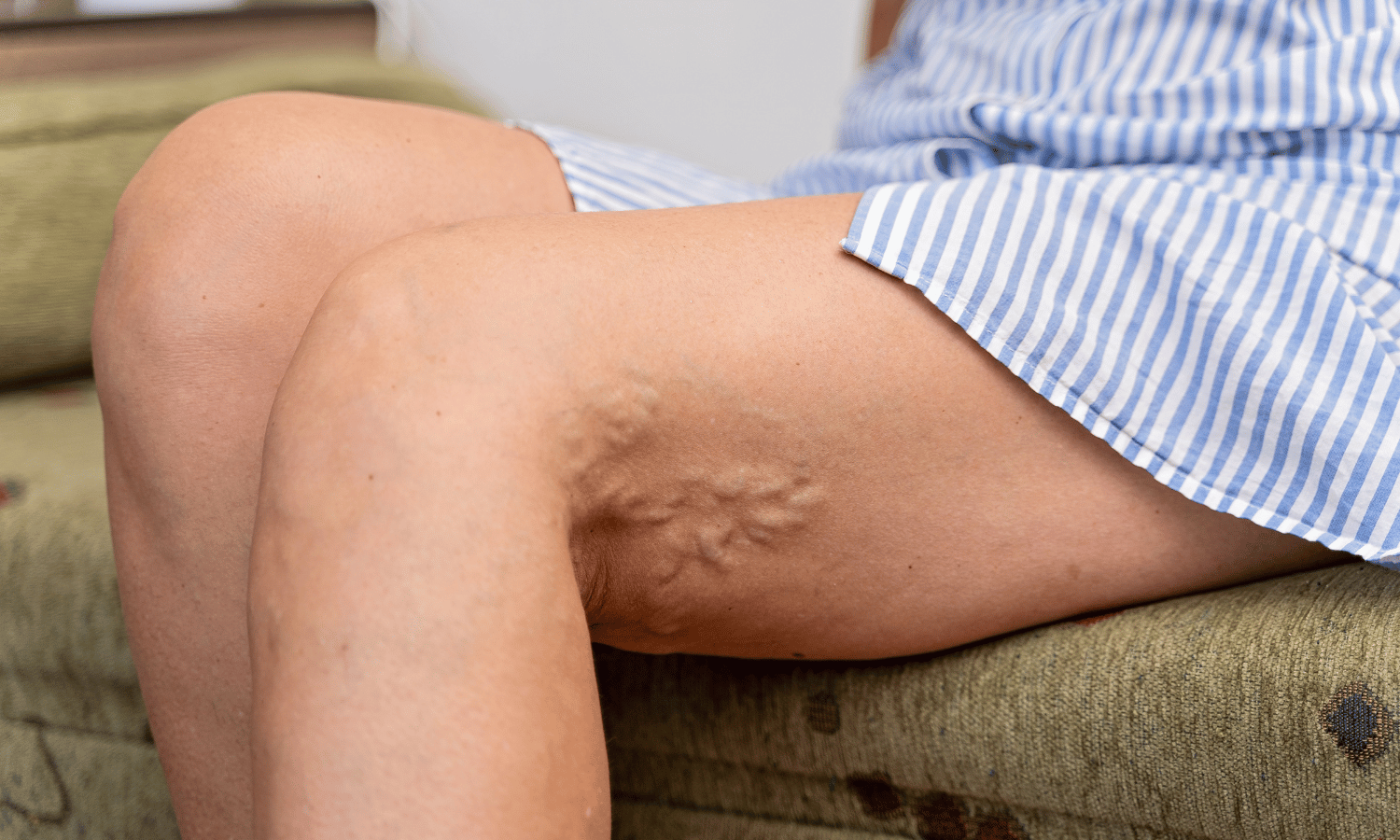Do Varicose Veins Go Away On Its Own?
If you’ve ever noticed bulging, blue veins popping out on your legs, you're not alone. Varicose veins are a common issue, affecting up to 23% of adults at some point in their lives. They're more than just a cosmetic concern; for many, they can cause discomfort and aching pain. But the pressing question remains: Do varicose veins go away on their own? In this post, we’ll explore the nature of varicose veins, address this common query, and discuss what options are available for those who suffer from this condition.
Understanding Varicose Veins
Varicose veins are enlarged, swollen veins that typically appear twisted and bulging under the skin, often showing up in a blue or dark purple color. They are most commonly found in the legs due to the pressure of standing and walking upright, which increases the strain on the veins in the lower body.
What Causes Varicose Veins?
The underlying cause of varicose veins is increased blood pressure within the veins which can lead to the weakening of their walls or malfunctioning of valves in the veins. These valves are supposed to stop blood from flowing backward as it moves up your legs. If these valves fail, blood collects in the veins rather than continuing toward your heart, which causes the veins to enlarge.
Symptoms to Watch For
People with varicose veins often experience a range of symptoms, including:
Aching, heavy and uncomfortable legs
Swollen feet and ankles
Burning or throbbing sensation in the legs
Muscle cramp in your legs, particularly at night
Dry, itchy and thin skin over the affected vein
Recognizing these symptoms early can be crucial in managing the condition before it progresses to more serious complications such as skin ulcers or deep vein thrombosis. Now that we understand what varicose veins are and how they present, let's delve into whether they can heal on their own.
Can Varicose Veins Disappear Without Treatment?
It's a common hope that varicose veins will simply vanish without intervention. Unfortunately, varicose veins do not generally go away on their own. While the severity of the symptoms can fluctuate and some minor varicosities may become less noticeable with certain lifestyle changes, the physical vein structure remains. If left untreated, varicose veins can persist and sometimes worsen over time.
Factors Influencing Varicose Veins
Several factors can determine whether varicose veins will improve or degrade without medical treatment, including:
Genetics: Family history plays a significant role in the development and progression of varicose veins.
Age: The risk increases with age, as vein elasticity decreases.
Weight: Excess weight can put additional pressure on your veins.
Activity level: Regular movement helps promote blood flow and reduce pressure in the veins.
Understanding these factors can help in managing the condition more effectively, but for many, more direct treatment options may be necessary to see improvement.
Treatment Options for Varicose Veins
For those seeking relief from the pain and discomfort of varicose veins, several treatment options are available. Ranging from conservative methods to more invasive procedures, treatment can significantly reduce symptoms and improve vein appearance.
Home Remedies and Lifestyle Adjustments
Simple changes can sometimes make a big difference, such as:
Elevating the legs when resting
Wearing compression stockings to help support the veins
Regular exercise to improve blood circulation
Maintaining a healthy weight to reduce pressure on the legs
Medical Treatments
When lifestyle adjustments are not enough, medical treatments can offer a solution:
Sclerotherapy: A commonly used method where a solution is injected into the vein, causing it to scar and blood to reroute through healthier veins.
Laser treatments: High-intensity laser energy is used to destroy varicose veins.
Surgery: In severe cases, surgical removal of the veins may be recommended.
Each treatment has its own benefits and risks, and the choice of treatment should be made based on individual condition, preference, and the advice of a healthcare professional.
Prevention and Management
While not all varicose veins can be prevented, managing existing veins and reducing the risk of new ones can both be achieved through proactive measures. Regular exercise, maintaining a healthy weight, and eating a balanced diet rich in fiber and low in salt can help. It’s also beneficial to avoid long periods of sitting or standing — taking regular breaks to move around can improve circulation.
Ready to Take the Next Step?
Varicose veins are a chronic and progressive condition that seldom improve without some form of intervention. Whether you choose to start with home remedies or seek more advanced medical treatment, managing varicose veins effectively requires a proactive approach and often, professional advice. If you're dealing with varicose veins and looking for solutions, scheduling an appointment with our specialists at Indiana Vascular can be your first step towards finding relief and improving your vascular health.

